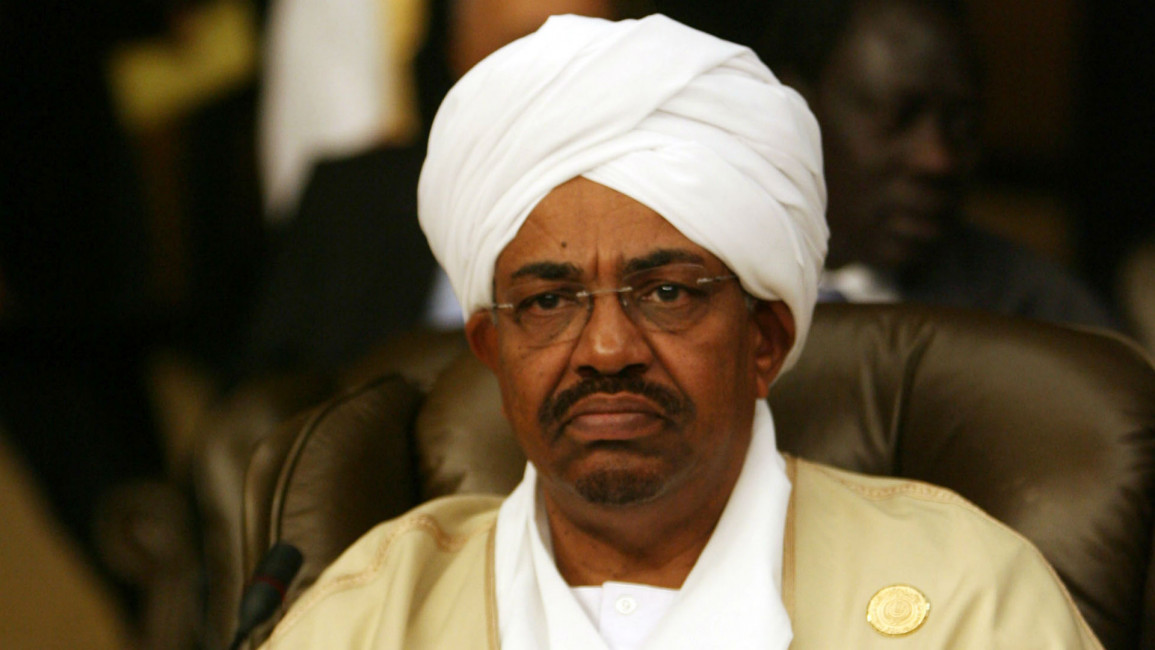US extends sanctions on Sudan
US extends sanctions on Sudan
The United States says it will continue its sanctions on Sudan, accusing the country of backing Islamist groups who threaten Washington.
2 min read
Omar al-Bashir has been wanted by the ICC for war crimes [Getty]
President Barack Obama has extended US sanctions on Sudan for another year, saying Khartoum's policies remained an "extraordinary threat" to the national security of the United States.
Sudan has been subject to a US trade embargo since 1997 for its alleged support for Islamist groups. Al-Qaeda leader Osama bin Laden was based in Khartoum from 1992 to 1996.
In recent years, the Sudanese government's scorched earth tactics against ethnic minority rebels in Darfur have been cited as a reason not to lift the sanctions.
On Monday, Obama ordered the sanctions extended for one year starting from November 3.
"The actions and policies of the government of Sudan continue to pose an unusual and extraordinary threat to the national security and foreign policy of the United States," he said in a statement.
There had been speculation that the sanctions might be eased after repeated visits to Khartoum in recent months by US special envoy Donald Booth.
In a separate statement released on Monday, the US embassy said the one-year extension was purely "technical" and the sanctions could still be eased.
It was "part of a routine, annual process that does not prejudice the ability of the president to provide sanctions relief at any point in the future," the embassy said.
The United States – which has also blacklisted Sudan as a state sponsor of terrorism since 1993 – intended to continue its policy of engagement, it added.
Washington was a key supporter of the peace accords that led to the independence of South Sudan in 2011 and there had been speculation at the time that the blacklisting would be lifted as a reward.
But the Darfur conflict has continued to dog relations.
President Omar al-Bashir is wanted by the International Criminal Court on charges of war crimes and genocide related to the conflict. He denies the charges.
In September last year, Washington refused Bashir a visa to attend the UN General Assembly, citing the ICC arrest warrant.
The United Nations says at least 300,000 people have been killed and about 2.5 million displaced since the Darfur conflict erupted in 2003.



